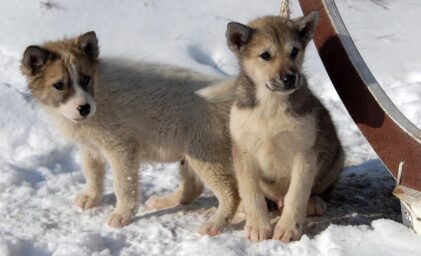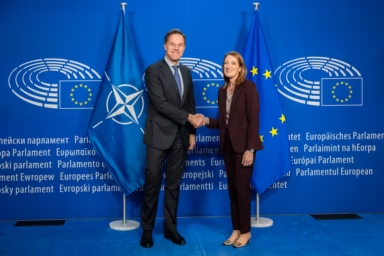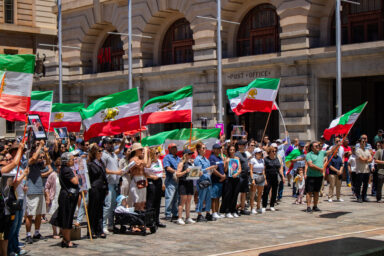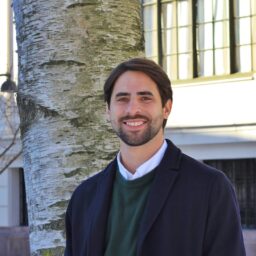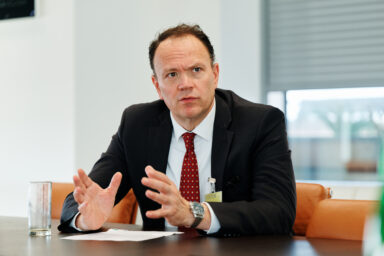The European Research Council announced on Thursday that it has awarded €761m in Starting Grants to 478 early-career researchers across Europe. Scientific fields covered by the awards include physical sciences and engineering, life sciences, social sciences, and humanities.
The funding is designed to help scientists at universities and research centres launch independent projects and build their own research teams. These grants are awarded through a competitive selection process to candidates largely based at universities and other eligible institutions throughout Europe.
Supporting research excellence across disciplines
The grants cover a broad spectrum of disciplines, including physical sciences and engineering, life sciences, social sciences, and humanities. Starting Grants are one of four main funding streams that the European Research Council (ERC) offers. They have been awarded since 2007. They play a crucial role in supporting innovative research and promoting scientific excellence across the continent.
We see leading scientists coming to Europe with these new grants, and many choosing to remain here. – Ekaterina Zaharieva, Commissioner for Startups, Research and Innovation
Ekaterina Zaharieva, Commissioner for Startups, Research and Innovation, said:
“Among the winners in this new round of prestigious EU funding via the European Research Council are researchers of more than 50 nationalities, all advancing knowledge across a wide range of scientific fields. This demonstrates Europe’s potential to attract and keep top scientific talent. We see leading scientists coming to Europe with these new grants, and many choosing to remain here thanks to this support.”
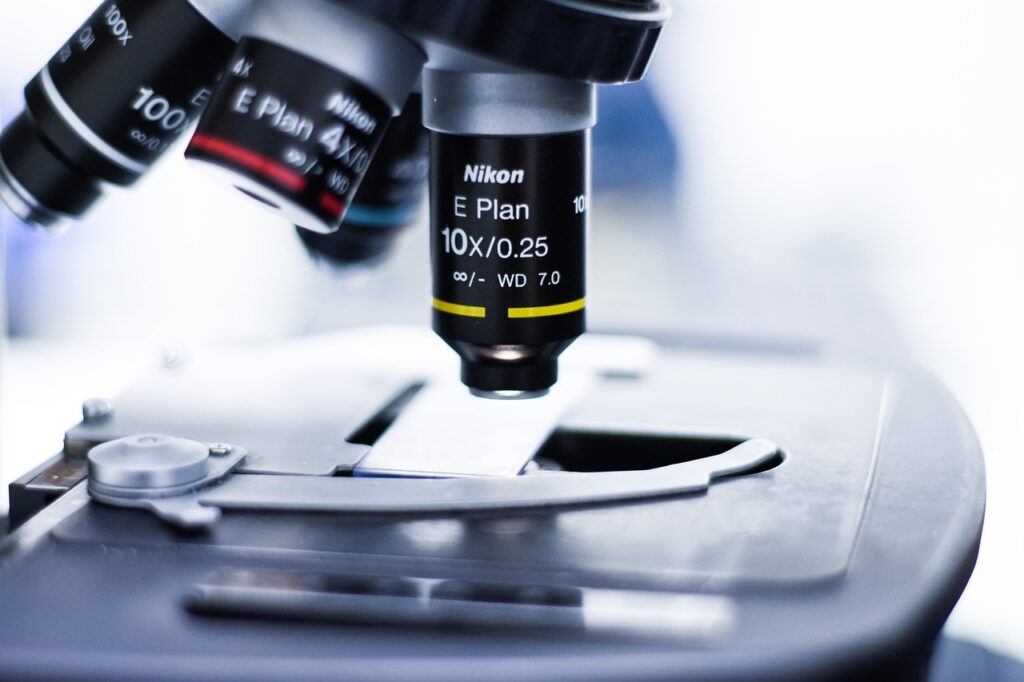
Wide range of projects and geographic spread
This year’s recipients include a researcher in the Netherlands developing artificial touch technology that feels more natural. A scientist in Austria studies how ageing reshapes human tissues and contributes to disease. Another researcher, from Estonia, investigates whether adult ADHD is the same as childhood ADHD. A Spanish scientist examines how plants protect themselves from excessive sunlight.
The President of ERC Professor Maria Leptin summed up this year’s selection like this:
You might be interested
“All these bright minds and the plethora of brilliant ideas that they will go after really inspire me, and so does their scientific creativity. It also gives hope that Europe empowers them and backs them. Yet, we could do more! Only 12% of all proposals in this competition are being funded, even if many more are excellent. We need more investment in this type of science to reach its full potential.”
The 478 grantees represent 51 nationalities and will carry out their projects at universities and research centres across 25 European countries. Germany leads with 99 grants awarded, followed by the UK with 60, the Netherlands with 44, and France with 41.
In total the Research Council received 3,928 proposals this years—a success rate of 12.2 per cent.


